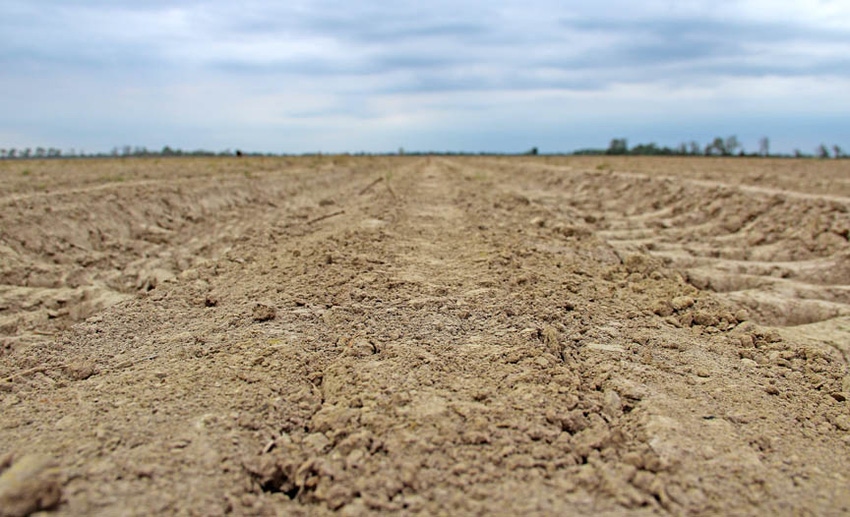September 3, 2013

The slow creep of government regulation over the rights of American landowners often takes place just below the public sightline. It’s a barely perceptible process in which laws and regulations quietly chip away at the foundation of private property rights — a sort of stealth erosion. The process has lulls and pauses, but is always crawling forward — never back.
(The Sackett vs. EPA battle is a classic example. See EPA hunting bullfrogs with shotgun in Sackett case)
When Kelly Vander Kley Hunter and her family bought a tiny farm in Mattawan, Mich., three years ago, she unwittingly stepped into a regulatory minefield. Two donkeys, one horse, one turkey, chickens, and ducks were cause enough to bring the regulatory Gestapo to her doorstep.
After neighbors complained, the Hunters received a letter from the local township government giving the family 90 days to get rid of about half of their animals. The letter claimed the Hunters were in violation of zoning regs — compliance was demanded; case closed.
But an article in Reason shows the Hunters were not about to kneel and kiss the regulatory ring. Before buying their five-acre hobby farm and spending $50,000 in restoration, the Hunters had received confirmation that farm animals were permissible on their rural-residential coded property.
But as Adrian Moore, vice president of the Reason Foundation, says, “You cannot believe how many things you cannot do on your own property — unless the government lets you.”
The Hunters found themselves in breach of code because the township can change the zoning regulations as it sees fit. In essence, city government can move the goalposts whenever it likes. “They (the neighbors) took it to the political court which unfortunately has become more and more popular in this country, and so it’s being played out on crony politics rather than any type of real, objective standard. The fact that the neighbors are using the political process, rather than the court system, already says they’ve got a somewhat suspicious complaint,” says Moore.
Neither townships nor the federal government like to have personal property rights cases played out in court; preferring instead to rely on the silence-inducing effects of layers of regulation. Government officials love to bind regulations, judicial review, due process and bureacracy into a single amorphous tangle — which is nearly impossible for the common man to unravel. In many cases, regulatory officials are afraid that when facts are laid bare — common sense may prevail.
Erosion of property rights
And that is precisely what happened in the aforementioned Sackett case. (Mike and Chantell Sackett began building on waterfront property at Priest Lake, Idaho, in 2007. Their lot, less than a single acre, was declared by the EPA as a “wetland without a federal permit.” EPA issued a compliance order directing the Sacketts to restore the site to its previous condition. The Sacketts took their fight against EPA's compliance order to the Supreme Court. Despite the might of the EPA, the Sacketts were sure if the Supreme Court would take a look at the merits of their case, the simple truth would win out — and it did. )
Regardless of the outcome of the Hunter case, Moore takes a dim view of the future for U.S. landowners. “Forget about your property rights — they almost don’t exist. In the early part of American history, we relied on constitutional constraints. Government just didn’t go and interfere in … private business. That has eroded dramatically in the last 100 years in America.”
See below for a Reason video on the Hunter farm case:
Follow me on Twitter: @CBennett71
Blog archive
PETA blames genital size on chicken wings
Meet the apostle of post-organic agriculture
Death on the farm a grim reality of agriculture
Water the commodity gold of 21st century?
Bull market, bitter legacy for opium farmers
Buffalo bone fertilizer — forgotten days of agriculture
You May Also Like




